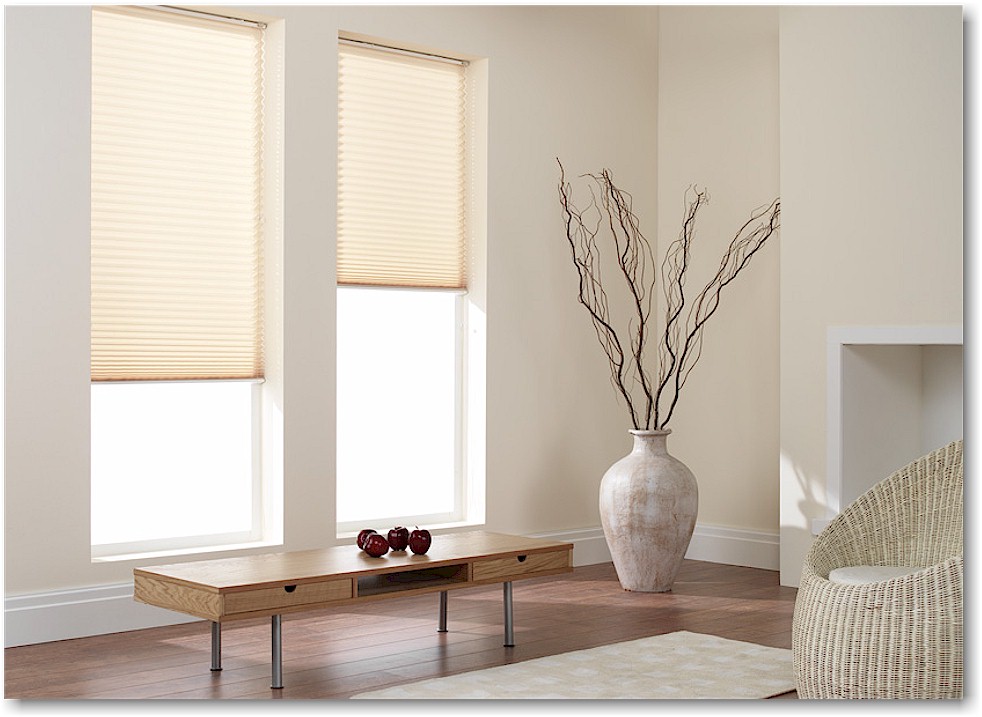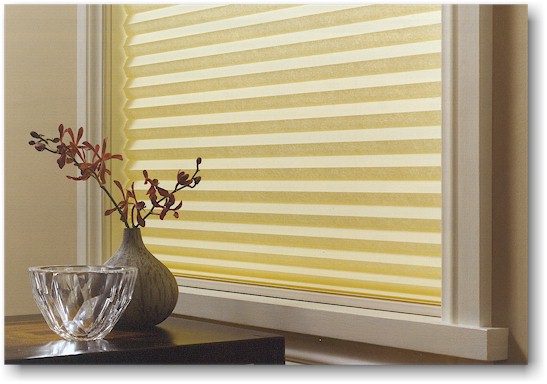How to live with the climate, not fight it: this what "green" is all about.
Blog Post
Simple Strategies for Keeping Cool

We're into those hot days of summer--really hot--with temperatures predicted in the mid- to upper-90s, even in Vermont, this week. In this column I'll provide some simple tips for keeping (reasonably) cool in hot weather or, if you use air conditioning, operating that air conditioning equipment most efficiently. Keep the sun out Shading windows is the easiest way to keep your house cool or keep your air conditioning bills down. Pulling down interior window blinds will help (the more reflective the outer surface of the blinds the better), but shading is even more effective if you can block the sunlight on the outside of your windows. In Europe, exterior roller blinds are often used, and these are beginning to catch on here, but they're not yet widely available. I've improvised exterior shading on a wide patio door facing west by propping up a tarp on the outside of the door, and that makes a huge difference. Climbing vines on a trellis, nearby trees, large potted plants that can be rolled in front of doors or windows, and awnings can also help a lot. If there's no way to block that sunlight on the outside of windows and patio doors, install and use interior blinds. Keep hot air outClosing windows on hot days seems counterintuitive to some (don't we want open windows for breezes?), but it makes sense. I have a digital indoor-outdoor thermometer on the north side of our house, and I use that to gauge when to open and close windows. When it's hotter outside than inside, I close the windows, and when it's cooler outside than inside, I open them. That's pretty simple--but it does require paying attention and opening and closing windows fairly often. In hot weather, I often open up the house at night and close it up during the day.

Minimize interior heat loads Try to avoid generating a lot of heat and humidity in your house in hot weather. Consider meals that don't require much cooking. Turn off lights when not needed (and replace incandescent light bulbs with CFLs). Make sure televisions and stereo systems are turned of when not in use (putting them on power strips allows you to turn them totally off to eliminate the "phantom loads"). Only run your dishwasher when totally full, and operate it in the middle of the night if possible. Wash clothes in cold water and hang outside to dry rather than using the dryer. Use a fan to circulate air when you're in a room All other things being equal, a breeze will keep you a lot cooler. If you're normally comfortable at, say, 72 degrees, using a ceiling fan or oscillating desk fan may enable you to be just about as comfortable with an air temperature of 75 to 80 degrees--because the moving air evaporates moisture from your skin. Note that fans don't actually cool the air (in fact, they increase air temperature slightly from the motor's waste heat), so turn them off when you leave the room. Wear lighter clothing This is common sense, but bears repeating. Shorts, and loose-fitting shirts, blouses, and dresses allow more air circulation next to your skin and will keep you cooler. At the office, convince your manager to relax the dress code during hot weather. Control your air conditioner wisely To save energy, raise the temperature setting on your air conditioner's thermostat when you're not home. Keep windows closed when using an air conditioner--not only to keep hot air out, but also to keep down indoor humidity. These strategies can help you save money and maintain greater comfort during hot weather. They can also be lifesaving for vulnerable people (the elderly or ill) in the event of a power outage--as can happen in very hot weather when electricity demand is the highest. In late June, rolling brownouts affected over 100,000 customers in Brooklyn, New York; a more extended blackout could be deadly if it were to occur during very hot weather. If you lose power and don't have air conditioning, simple passive measures will be critically important. * * * In addition to this Energy Solutions blog, Alex writes the weekly blog on BuildingGreen.com: "Alex's Cool Product of the Week," which profiles an interesting new green building product each week. You can sign up to receive notices of these blogs by e-mail--on the BuildingGreen.com blog page enter your e-mail address in the upper right corner. Alex is founder of BuildingGreen, LLC and executive editor of Environmental Building News. To keep up with his latest articles and musings, you can sign up for his Twitter feed.
Published July 6, 2010 Permalink Citation
(2010, July 6). Simple Strategies for Keeping Cool. Retrieved from https://www.buildinggreen.com/news-article/simple-strategies-keeping-cool
Comments
I've been using the Duets for
I've been using the Duets for decades (actually, I order knockoffs online). They are fabulous, winter and summer. A major pet peeve is none of the modeling programs allow them to be factored in, as non-automatic, manual-anything is disallowed.
Being in Colorado, unlike New England (smirk), the nights reliably are cool, so opening windows at night and closing in the day is standard procedure. Never used a/c, and most recent projects don't need evaporative, although it works well here, if one can find a place to put it.
Even if the advices that you
Even if the advices that you gave are very common, seem like a lot of people is ignoring them and prefer to keep their air conditioner on all the time, even if this is not good for their health.
Thank you!
http://www.buildinggreen.com/
http://www.buildinggreen.com/live/index.cfm/2010/7/6/Simple-Strategies-f...
I would like to reprint this blog post in a local news letter to help a 55 & over community. May I? Just send me an email if there is a problem with this thank you



Add new comment
To post a comment, you need to register for a BuildingGreen Basic membership (free) or login to your existing profile.